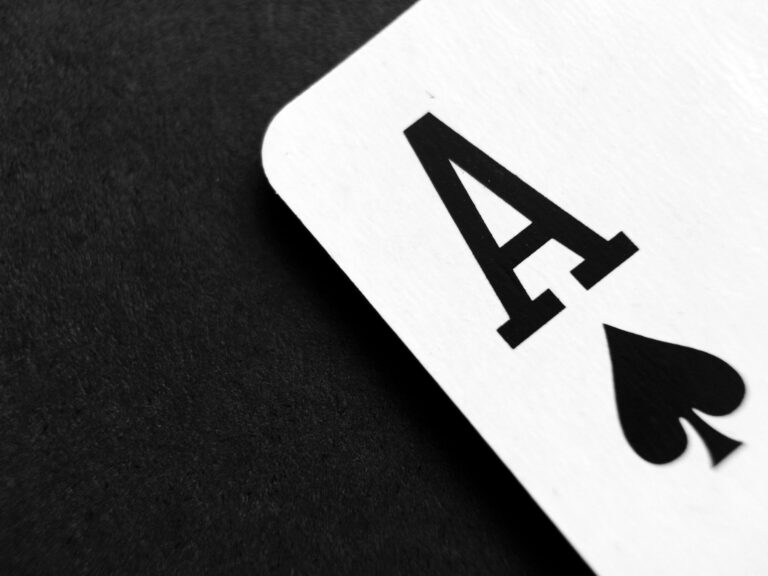Is Gambling Legal in Tunisia?
While Tunisia is known for its beautiful beaches, rich history, and vibrant culture, gambling remains a contentious issue. In general, gambling is illegal in Tunisia due to the country’s predominantly Muslim population and strict adherence to Islamic law. However, there are a few exceptions to this rule, with certain forms of gambling being allowed in specific circumstances.
What is the Legality of Sports Betting in Tunisia?
Despite the overall ban on gambling, sports betting is one of the few exceptions in Tunisia. Sports betting is legal and regulated, with the state-run agency, Promosport, overseeing all betting activities. This agency operates numerous betting shops throughout the country where Tunisians can place bets on various sporting events, including football, basketball, and tennis. However, it’s worth noting that other forms of betting, such as horse racing and greyhound racing, remain illegal in Tunisia.
What is the Legal Status of Online Gambling in Tunisia?
Online gambling is strictly prohibited in Tunisia, with the government blocking access to many international gambling websites. While some Tunisians may use virtual private networks (VPNs) to bypass these restrictions and access online gambling sites, this is still considered illegal, and those caught engaging in online gambling may face penalties. Furthermore, there are no licensed online gambling operators based in Tunisia.
What is the Legal Gambling Age in Tunisia?
Given the general ban on gambling in Tunisia, there is no official legal gambling age. However, for the few legal forms of gambling, such as sports betting, participants must be at least 18 years old to place bets. It is important to note that even for those of legal age, engaging in illegal gambling activities can result in severe consequences, including fines and imprisonment.
Which are the Most Famous Casinos and Games in Tunisia?
Although casinos are illegal in Tunisia, there is one notable exception: the Grand Pasino Djerba. Located on the island of Djerba, this casino is primarily targeted at foreign tourists and operates under a special government license. The Grand Pasino Djerba offers a variety of casino games, including slot machines, roulette, blackjack, and poker. However, it’s important to remember that Tunisian citizens are not allowed to gamble in the casino, and it is strictly for tourists only.
Do You Need a Gambling License in Tunisia?
As gambling is largely illegal in Tunisia, obtaining a gambling license is not possible for most businesses. The only exception is the aforementioned Grand Pasino Djerba, which operates under a special government license. For all other forms of gambling, licenses are not available, and engaging in illegal gambling activities can result in severe penalties.
Is There a Gambling Tax in Tunisia?
Given the general ban on gambling, there is no specific gambling tax in Tunisia. However, the legal sports betting industry is subject to taxation, with the government collecting revenue from the state-run Promosport agency. For illegal gambling activities, any earnings could be subject to confiscation, and those involved may face fines and other penalties.
Where Can You Find Official Links and Resources on Gambling Legality in Tunisia?
For more information on gambling laws and regulations in Tunisia, the following resources may be helpful:
- Promosport Tunisia – The official website of the state-run sports betting agency, offering information on legal sports betting in Tunisia.
- Tunisian Legislation Portal – The official portal for Tunisian legislation, where you can find relevant laws and regulations regarding gambling in the country.
- Tunisian Ministry of Finance – The official website of the Tunisian Ministry of Finance, which oversees the taxation and regulation of legal gambling activities.
In conclusion, while gambling is mostly illegal in Tunisia, there are a few exceptions, such as sports betting and the Grand Pasino Djerba. It is essential to be aware of the legal landscape before engaging in any gambling activities in Tunisia to avoid potential penalties and legal consequences.

As an expat residing in Tunisia, I am curious to know what the prevailing legal framework governing gambling activities is in the country. Are there any restrictions in place? Are there any licencing requirements that need to be satisfied? Are there any other statutory obligations that need to be adhered to?